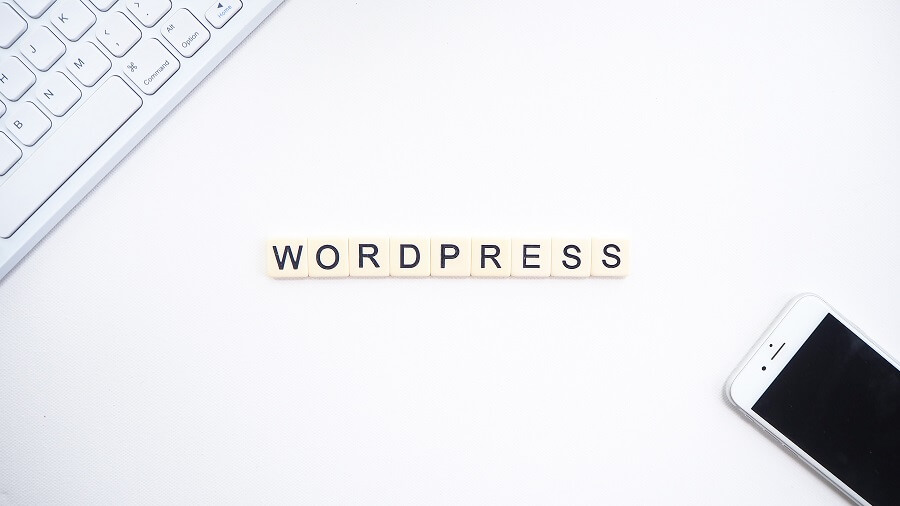Stay up to date with WordPress updates
WordPress is one of the most popular methods for creating and maintaining a website. In this article, we'll explain the best way to schedule this for yourself and how to do it safely. Read on to find out all the tips and tricks.
With a WordPress website, it's important to stay up to date. Whether it's updates for plugins, updates for themes, or updates for WordPress itself. There is already an option in WordPress to update these automatically. However, we don't recommend enabling automatic updates for most things. If something goes wrong, you won't see it until afterwards. And that can cause your website to go offline.
So it's better to keep it updated manually. And to schedule this for yourself at regular intervals. Many things can be set automatically in your hosting package. And make it easier for yourself to set a default pattern for it. Below are all the tips we have gathered from years of experience hosting WordPress websites.
Step 1, keeping track of WordPress updates, the backups.
Backups are an important part of anywebsite hosting, regardless of what technology you use. WordPress websites can be unreliable when it comes to updates and can fail completely because of a single faulty update. Therefore, it is more than wise to have a good backup strategy in place to ensure that you can always revert back to an earlier date of the website. For most websites, we recommend a weekly backup. If you have a lot of content or are processing customer orders, we recommend setting this up at shorter intervals. Then the damage will be limited.
Backups can be created in the control panel under "Scheduled Tasks" or through WordPress itself with a backup plugin. These can then be easily restored using the plugin or via FTP.
Step 2: Research the changes
When updating themes, plugins, and WordPress itself, it's important to check that everything is working together correctly. And to check what changes are being made during an update. Updating a plug-in that hasn't been tested with your version of WordPress can also cause it to stop working or cause a security issue. It is therefore advisable to find out which plug-ins will be changing and what the latest developments are.
Step 3, updating the website itself
Updating plug-ins, themes, and WordPress versions is wisest when you know your website has no or few visitors. This is usually done during the night hours, so it's best to do it here. There's a reason we schedule maintenance on our servers well into the night. It's simple: fewer users are affected. The same principle can be applied to your website. Give plenty of notice if you have many users who return to your site daily or frequently. And if necessary, send an email with the time and date. Of course, for websites that offer or sell services, this is more true than for a blog site.
The update itself is pretty self-explanatory if you have write permissions on the site. If an error message appears, the solution is often to reinstall the plug-in in question with an earlier version, or delete it and reinstall with the latest version.
After this, your WordPress website will be fully updated again and you can continue until the next round of updates. We recommend that you add this to your agenda and update at least once a month. This will help you avoid many of the problems that can occur with outdated technology. Here's how to prevent your WordPress website from going down.
Managed WordPress Hosting
Of course, we also have managed WordPress hosting packages where we take care of the maintenance of your WordPress website. With these packages, you won't have to worry about any issues with updates to your WordPress website and we'll make sure your website is always available. For a small additional charge, this is already possible compared to a standard package. On our WordPress web hosting page you will find all the specifications.
